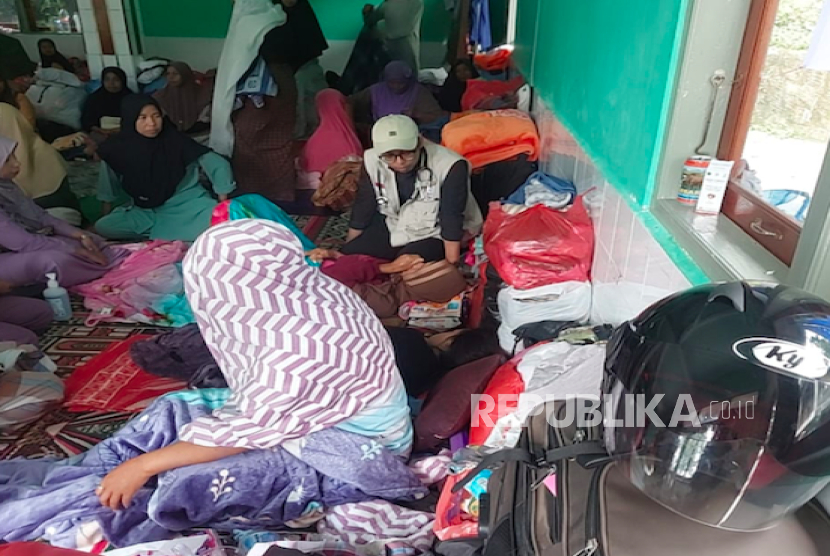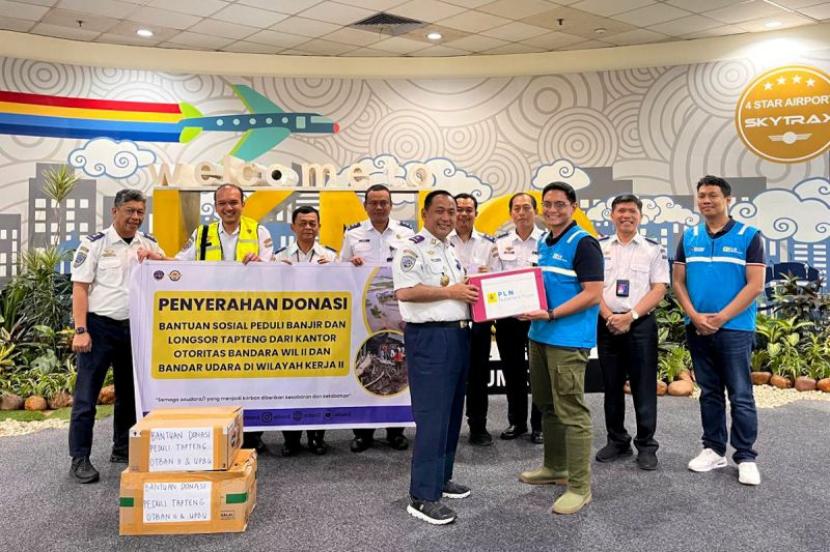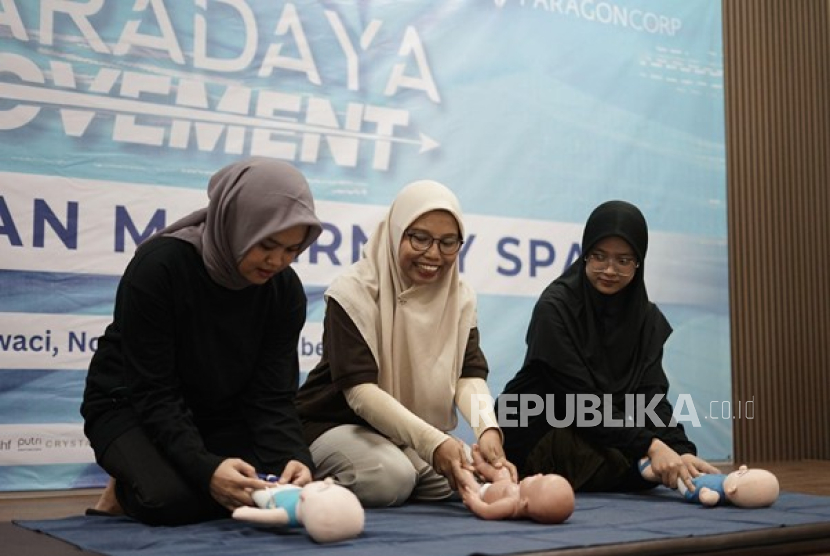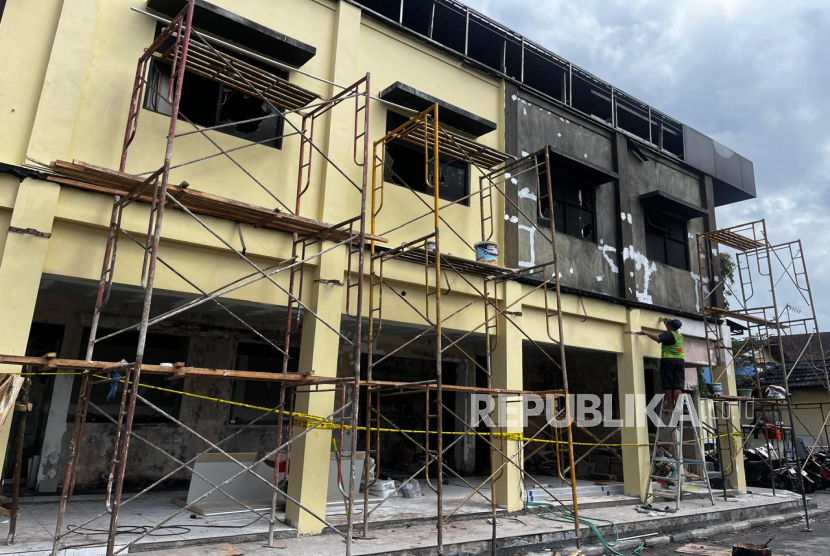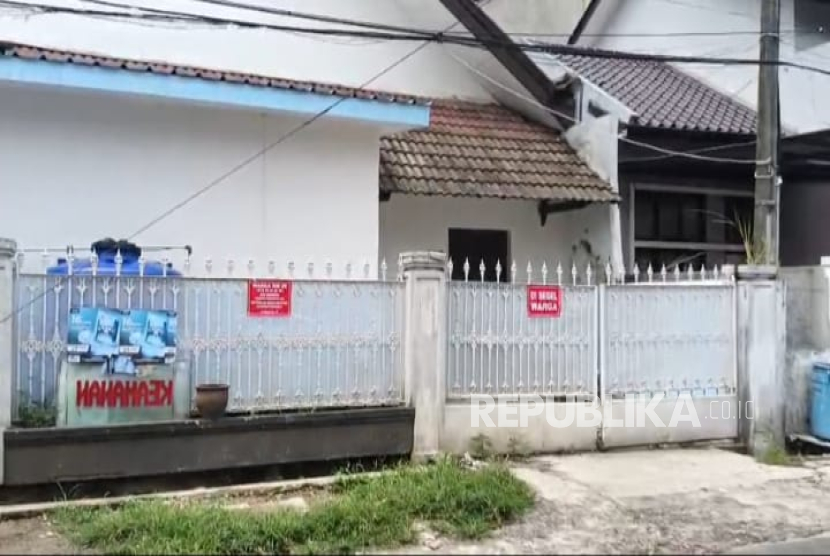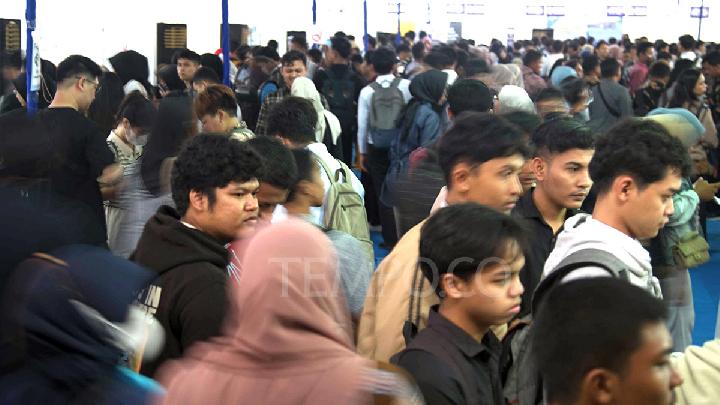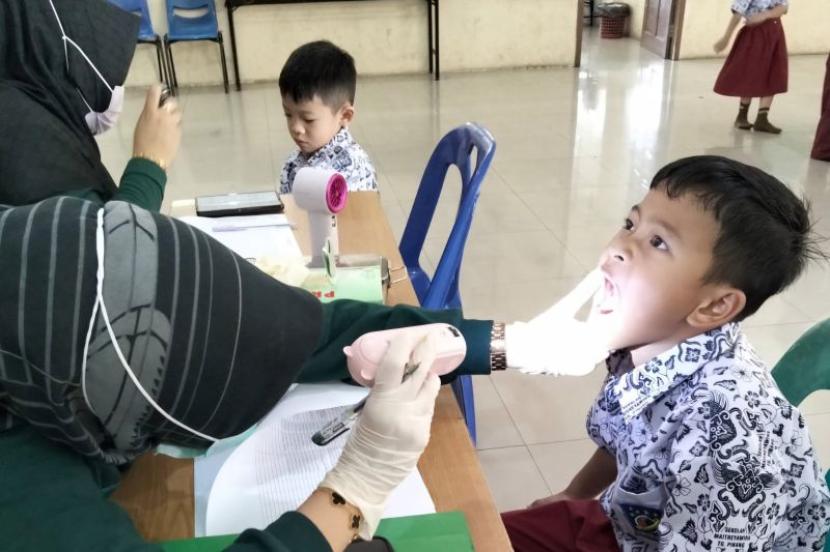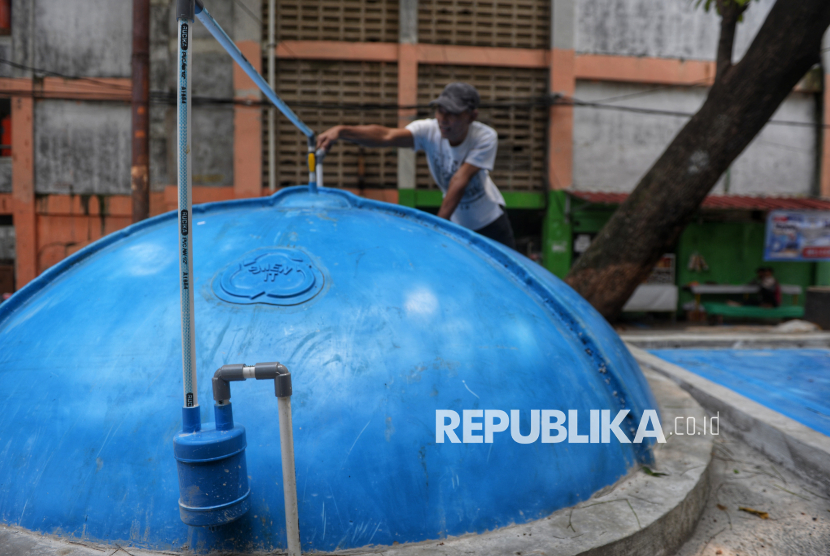TEMPO.CO, Jakarta - Researcher and Policy Analyst at the Center for Indonesian Policy Studies (CIPS), Jimmy Daniel Berlianto, is urging the government to halt and evaluate the Free Nutritious Meal (MBG) program. He believes this step is necessary due to many recent cases of poisoning.
According to Jimmy, a temporary halt is needed so the government can focus on improving governance and designing a program based on clear evidence.
"It is important for the government to temporarily stop and evaluate the implementation of the MBG Program. After more than six months of operation without clear governance, the ambition to drastically increase the number of recipients to 82.9 million people risks exacerbating the scale of existing problems, such as poisoning and the consumption of ultra-processed food," he said in a written statement on Sunday, September 21, 2025.
CIPS research has identified several problems that are hindering the program’s effectiveness. The organization noted that there is no regulatory framework to serve as a legal basis for President Prabowo Subianto's flagship program. To date, the MBG is not clearly regulated in any Law or Presidential Regulation. This legal vacuum is considered to make the division of roles between institutions unclear.
Budget Concerns and Program Ineffectiveness
Jimmy believes that an additional budget will not necessarily produce the expected impact. Without mature governance from the beginning, the MBG program could potentially increase risks, ranging from poisoning cases and delays in distribution in remote, underprivileged, and frontier regions to nutritional problems due to the use of ultra-processed food.
He added that budget increases should be followed by program effectiveness. However, effectiveness has not been proven since the official start of MBG in January 2025. As of August, budget absorption was only around Rp8 trillion, or an average of Rp1.14 trillion per month.
Risks to the Education Sector
According to Jimmy, reducing the education budget for MBG poses a risk of disrupting policy consistency and the development of the education sector, especially if the cuts are made from the Regional Transfer Fund.
"This policy will affect the improvement of education quality. Yet, the government still faces serious challenges in reducing education disparities in Indonesia. The complexity of human resource issues cannot be solved solely by the MBG program," he said.
He emphasized that the government has not yet developed a mature plan regarding the goals of the MBG program. Without a clear direction and governance, MBG could potentially create new problems, such as widening regional disparities due to unpreparedness in its implementation.
Recommendations for Improvement
CIPS recommends three steps for improving the MBG. First, the government needs to prepare a regulatory framework for legal certainty and a clear division of roles between institutions. Second, the government must involve regional stakeholders as the main actors to optimize the provision of nutritious food, target recipients, and budgeting. "Their involvement can stimulate innovation so that the program is more relevant to regional conditions," said Jimmy.
Third, schools need to be directed as the main actors in the program's design and implementation. So far, the role of schools has been limited to data collection and distribution. "However, school management and communities can play a bigger role in managing the program as a whole and contribute to oversight," he said.
Jimmy stressed that the government needs to temporarily stop and evaluate the implementation of the MBG Program before using a large budget. "The education budget should be used as effectively as possible. If the MBG program is implemented without strong governance, it will not only fail to achieve its good goals but will also sacrifice the improvement and development of the education sector in other aspects," he said.
Evidence of Systemic Failure in the MBG Project
Prior to this, the Indonesian Education Monitoring Network (JPPI) released the latest monitoring results regarding mass poisoning cases allegedly originating from the MBG program. As of mid-September 2025, the organization recorded at least 5,360 children in various regions experiencing poisoning after consuming food from the government program.
"This number can be assumed to be larger, as many schools and regional governments choose to cover up the cases," said the National Coordinator of JPPI, Ubaid Matraji, in a written statement received by Tempo on Friday, September 19, 2025.
Ubaid believes that this finding is evidence of the failure of MBG governance, which is controlled by the National Nutrition Agency (BGN). "If it happens only once, it might be considered a technical error. But if thousands of children become victims in many places, this is clearly a systemic error," he said.
Dhinda Sabrina contributed to the report.
Editor's Choice: Indonesia's Nutrition Agency Claims Free Meal Food Trays Used Are Free of Pork Oil
Click here to get the latest news updates from Tempo on Google News















